Rohingya..jpg" alt="" width="424" height="300" class="size-full wp-image-104070" /> Suu Kyi did not directly mention the refugee exodus in her speech to welcome European and Asian foreign ministers in Naypyitaw,
Brussels, MINA – The Rohingya people in Myanmar are trapped in a vicious system of state-sponsored, institutionalized discrimination that amounts to apartheid, said Amnesty International on Tuesday in a report looking into the root causes of the current crisis in Rakhine State.
The report titled “Caged without a roof” is being released on the day that EU and Asian Foreign Ministers (ASEM) meet at in the Myanmar capital, and puts into context the recent wave of violence in Myanmar, when the security forces killed Rohingya people, torched whole villages to the ground, and drove more than 600,000 to flee across the border into Bangladesh.
The two-year investigative report reveals how authorities severely restrict virtually all aspects of Rohingyas’ lives in Rakhine State and have confined them to what amounts to a ghetto-like existence where they struggle to access healthcare, education or in some areas even to leave their villages.
The current situation meets every requirement of the legal definition of the crime against humanity of apartheid, says the report.
Also Read: Afghan, Pakistani Armies Exchange Heavy Fire Along Border
“The Myanmar authorities are keeping Rohingya women, men and children segregated and cowed in a dehumanizing system of apartheid. Their rights are violated daily and the repression has only intensified in recent years,” said Anna Neistat, Amnesty International’s Senior Director for Research.
Covadonga de la Campa, acting Advocacy Director at Amnesty International’s European Institutions Office added “European and Asian foreign ministers must seize this crucial opportunity to demand immediate action from the Myanmar authorities, as they meet them in their own country.”
“EU and Asian foreign ministers must ensure that human rights are central to all of their relations with Myanmar. Any solutions proposed must not entrench the current abhorrent system of apartheid. Failing to do that would not only mean supporting the continuation of ongoing human rights violations, but make the international community complicit in them,” said la Campaign.
While Rohingya have faced systematic, government-sponsored discrimination in Myanmar for decades, Amnesty International’s investigation reveals how such repression has intensified dramatically since 2012, when violence between Buddhist and Muslim communities swept the state. (T/RS5/RS1)
Also Read: Malaysian PM Condemns Israel’s Detention of Gaza Humanitarian Activists
Mi’raj Islamic News Agency (MINA)





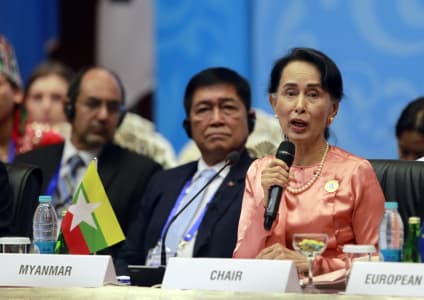


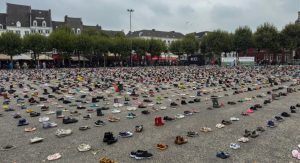

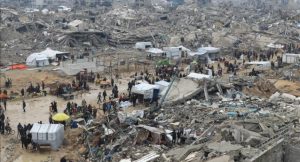
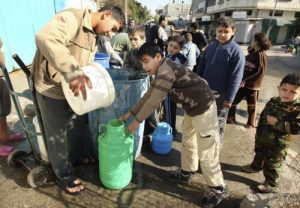
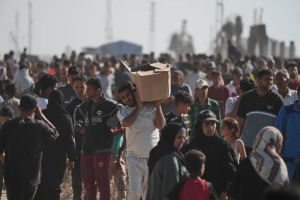
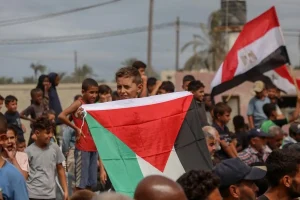









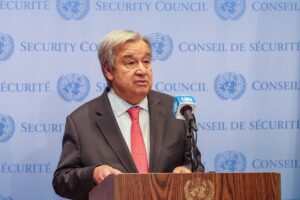
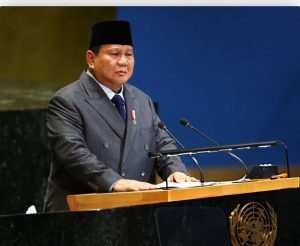








 Mina Indonesia
Mina Indonesia Mina Arabic
Mina Arabic